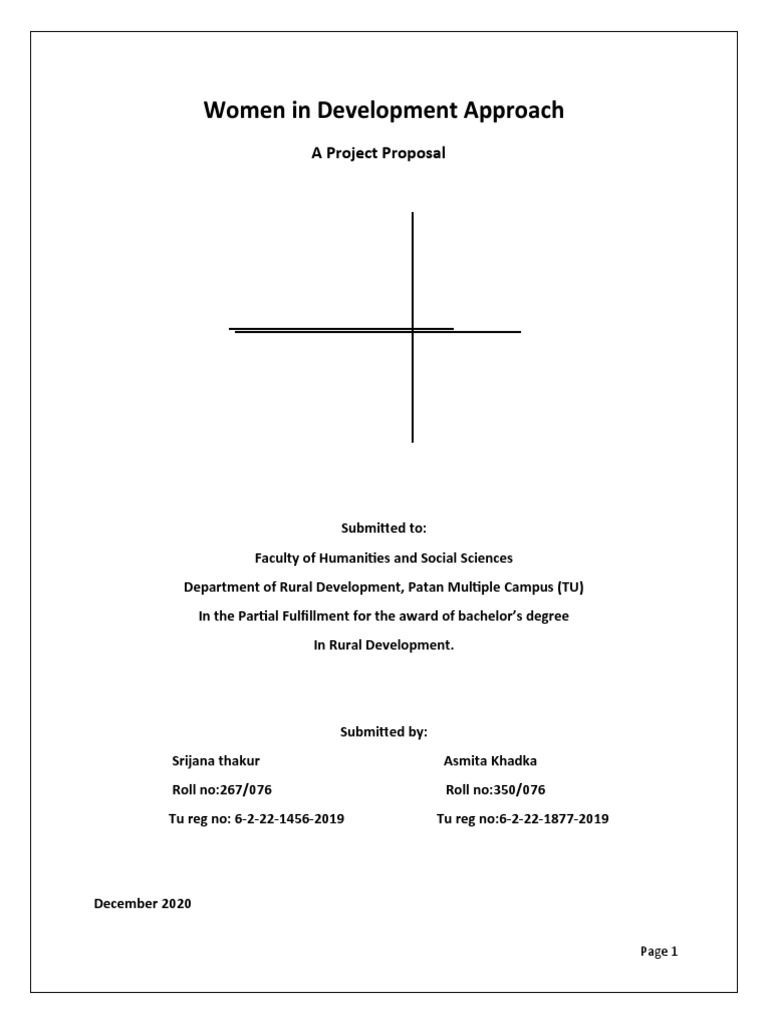The Bahá’í Faith espouses an unparalleled commitment to the advancement of women and girls, recognizing their indispensable role in the socio-economic development of communities worldwide. The Teachings of Bahá’u’lláh emphasize the need for gender equality, positing that the empowerment of women is not merely a social nicety, but a fundamental prerequisite for achieving a prosperous, peaceful society. This article delineates the profound implications of these teachings, addressing how they herald a transformative approach to development that places women and girls at the forefront.
Women comprise half of the world’s population; thus, their participation in all sectors of society is critical. The first Bahá’í principle advocates for the equality of women and men, proposing a paradigm where gender disparities are not only acknowledged but actively dismantled. This principle is inexorably linked to the notion of development itself, suggesting that societies with equitable gender representation foster more sustainable growth. When women are empowered, they are able to contribute their diverse perspectives, creativity, and expertise, ultimately leading to holistic progress.
An intrinsic aspect of this empowerment narrative lies in education. The Bahá’í Teachings underscore the essential nature of education for both genders, with a particular emphasis on the education of girls. The holistic development of women begins with access to quality education, which equips them with the tools to navigate and influence their environments. The implications of educating girls extend far beyond individual achievement; educated women are poised to improve their families’ health and economic wellbeing. Statistics reveal that for each additional year of schooling a girl receives, her future income can increase substantially. This positive cycle of education and income leads to the enhancement of community welfare, thereby reinforcing the Bahá’í conviction that “to educate a girl is to educate a nation.”
Furthermore, Bahá’í teachings extol the virtues of moral development and character building. The empowerment of women is not solely a matter of economic participation but also encompasses nurturing ethical leaders who can champion social change. Bahá’í initiatives that focus on the character development of young girls instill values of justice, compassion, and service to humanity. By fostering these qualities, communities cultivate a generation of women who are not only stakeholders in society but also trailblazers for future progress. This ethical foundation is essential for women to navigate the challenges they face and to act as catalysts for development.
Across regions, the role of women can vary remarkably. Traditionally, sociocultural norms often relegate women to passive roles, limiting their access to resources and decision-making processes. The Bahá’í stance advocates for a re-evaluation of these narratives, encouraging active participation of women in all facets of life—from governance to economic activities. The Teachings inspire women to transcend societal limitations, resonating with a broader global movement advocating for women’s rights. Women’s full and equal participation can engender more responsive governance, as evidenced by increasing global recognition of the need for gender diversity in leadership roles.
Moreover, the Bahá’í emphasis on universal peace and justice acts as a foundation for the upliftment of women and girls. In a world rife with conflict and inequality, Bahá’í teachings emphasize that true development cannot be realized without a commitment to peace. By placing women at the forefront, peace processes can become more inclusive and effective. Women bring unique perspectives that are often essential for conflict resolution and reconciliation. Their contributions to peacebuilding efforts are pivotal, as women frequently serve as nurturers and community builders who prioritize collaboration over confrontation.
The integration of women into economic development is another salient theme in the Bahá’í teachings. Economic empowerment is crucial for sustainable advancement and is directly linked to the enhancement of societal health. Women’s labor force participation has been documented to boost economies; however, barriers such as unequal pay, lack of access to financial resources, and limited networking opportunities persist. The Bahá’í community actively engages in programs designed to create sustainable economic opportunities for women, thereby fostering entrepreneurship and economic independence. Such initiatives embody the ideals of Bahá’í principles while simultaneously contributing to the broader economic landscape.
The importance of social networks and community engagement cannot be overstated. Within the framework of Bahá’í teachings, collective action is paramount. Women and girls are encouraged to form networks that support their aspirations, fostering environments where they can share resources, advice, and encouragement. These connections can lead to joint ventures in business, education, and social initiatives, generating a multifaceted platform for female empowerment. When women gather in solidarity, their voices amplify, and their potential realizes exponential growth.
Lastly, a complementary theme emerging from the Bahá’í teachings is the interconnection between spirituality and personal growth. Spiritual development serves as a driving force behind the empowerment of women, providing resilience and fortitude in the face of challenges. Women are encouraged to cultivate their inner lives through prayer, meditation, and reflection—practices that bolster self-esteem and self-identity. This spiritual anchoring is integral in a world where external validations can often overshadow inner truths.
In conclusion, the Bahá’í teachings offer a transformative framework for viewing women and girls not merely as beneficiaries of development but as pivotal agents of change. By addressing the multifaceted aspects of gender equality—from education to ethical leadership, economic empowerment, and spiritual growth—the Bahá’í Faith provides invaluable insights into creating a more equitable society. As we endeavor to uphold these principles, acknowledging the vital contributions of women and girls is a testament to our collective commitment towards fostering a more just and progressive world.
